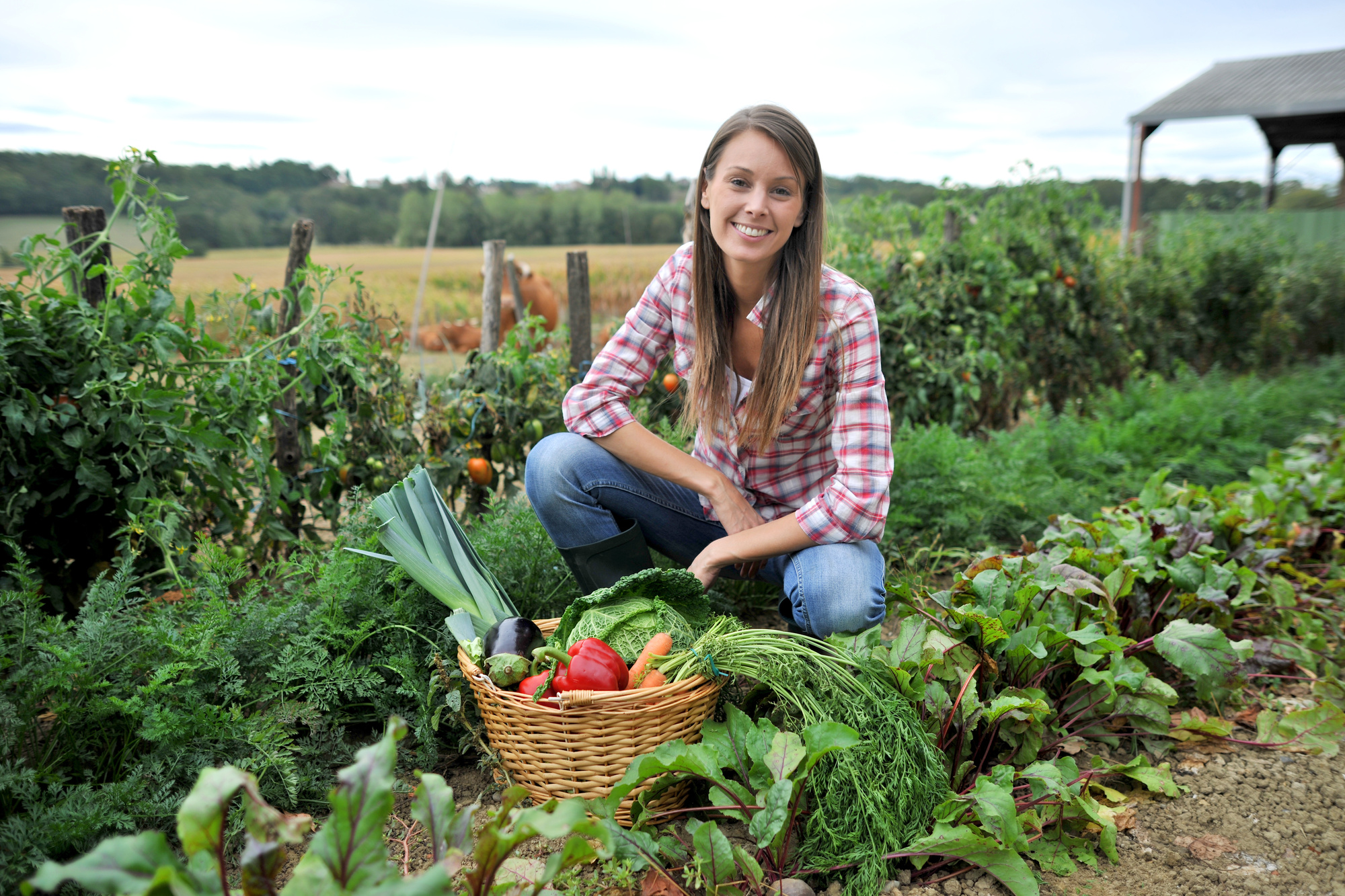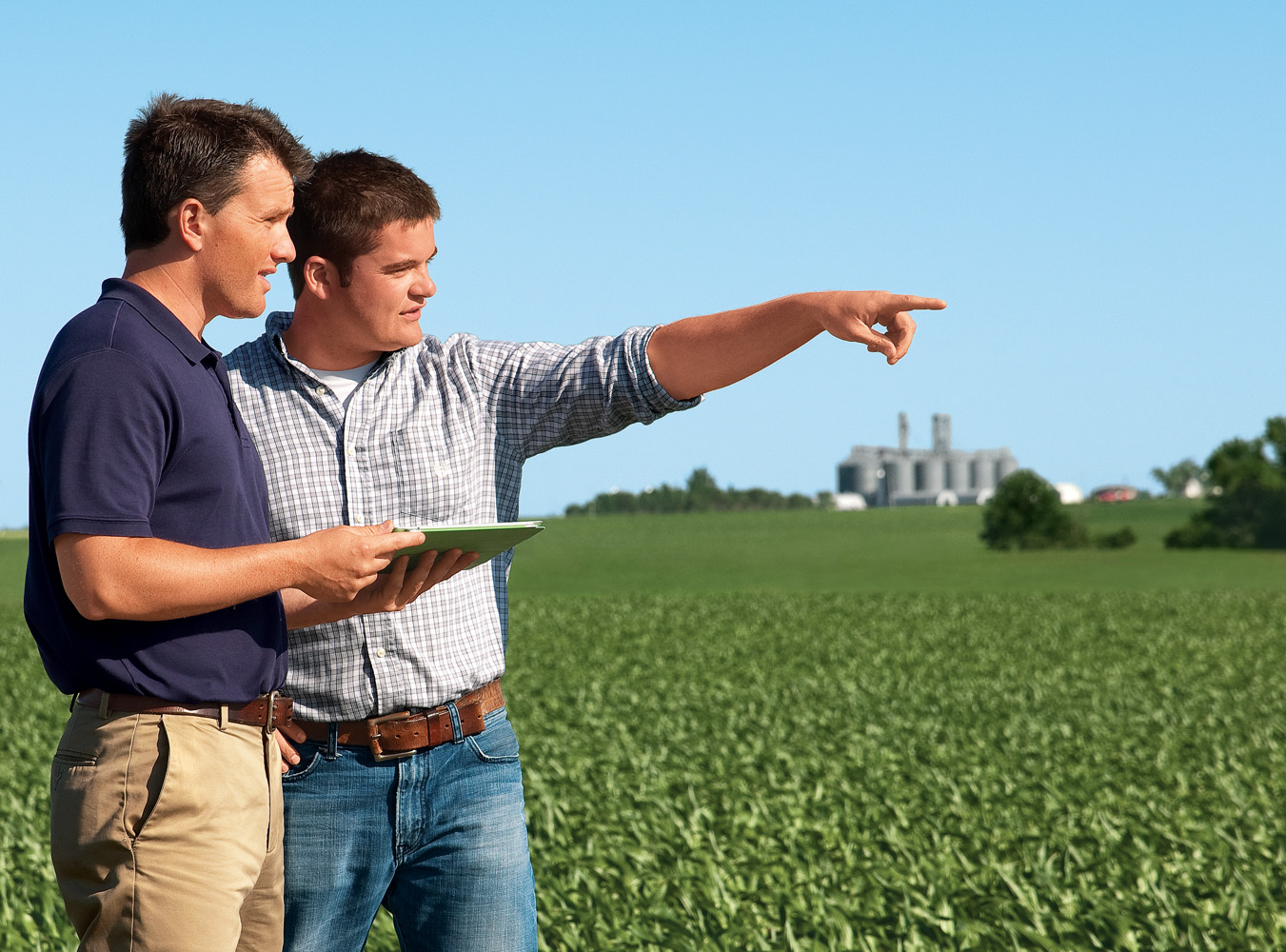How To Implement Sustainable Gardening Practices For Modern Farms

In the ever-evolving landscape of agriculture, the need for sustainable gardening practices for modern farms has never been more pressing. Imagine a farm as a living, breathing organism—one that requires nurturing, care, and a balanced diet to thrive. Just as we strive for a healthy lifestyle, our farms deserve the same attention to ensure they remain productive and environmentally friendly. This article will guide you through the essential steps to implement sustainable gardening practices, ensuring your farm not only flourishes but also contributes positively to the ecosystem.
Understanding Sustainable Gardening Practices
Sustainable gardening practices for modern farms encompass a holistic approach to farm management that prioritizes eco-friendly farming methods. These practices aim to reduce environmental impact while maintaining or even enhancing productivity. By adopting sustainable agriculture techniques, farmers can create a harmonious balance between economic viability and environmental responsibility.
The Benefits of Sustainable Gardening
Implementing sustainable gardening practices offers a myriad of benefits. For starters, it promotes soil health, which is the foundation of any successful farm. Healthy soil leads to healthier crops, which in turn can improve yields and reduce the need for synthetic fertilizers and pesticides. Additionally, sustainable gardening can conserve water, reduce waste, and support biodiversity, all of which are crucial for long-term environmental farming.
Key Principles of Sustainable Gardening
Organic Gardening: The Heart of Sustainability
Organic gardening is at the core of sustainable gardening practices. It involves using natural methods to cultivate crops, avoiding synthetic chemicals that can harm the environment and human health. By embracing organic gardening, farmers can create a self-sustaining ecosystem where plants, soil, and beneficial insects coexist harmoniously.
Composting: Nature's Recycling System
Composting is a fundamental aspect of organic gardening. It turns organic waste into nutrient-rich soil amendments, reducing the need for synthetic fertilizers. Composting not only improves soil structure and fertility but also helps in waste management, making it a win-win for both the farm and the environment.
Crop Rotation: Keeping Soil Healthy
Crop rotation is another essential practice in organic gardening. By rotating crops, farmers can prevent soil depletion and reduce the risk of pests and diseases. This method ensures that the soil remains fertile and productive over time, contributing to the overall health of the farm.
Water Conservation: Every Drop Counts
Water is a precious resource, and sustainable gardening practices emphasize its conservation. Efficient irrigation systems, such as drip irrigation, can significantly reduce water usage while ensuring that plants receive the moisture they need. Additionally, mulching can help retain soil moisture, further conserving water.
Biodiversity: The Web of Life
Biodiversity is crucial for a healthy ecosystem. Sustainable gardening practices encourage the preservation and promotion of biodiversity by creating habitats for beneficial insects, birds, and other wildlife. This not only supports the natural balance of the ecosystem but also aids in pest control and pollination.
Integrated Pest Management (IPM)
Integrated Pest Management (IPM) is a holistic approach to pest control that minimizes the use of chemical pesticides. By combining biological, cultural, and mechanical methods, IPM helps maintain a healthy balance of pests and beneficial organisms, ensuring a thriving ecosystem.
Implementing Sustainable Gardening Practices
Step-by-Step Guide to Sustainable Farm Management
Assess Your Farm: Begin by evaluating your farm's current practices and identifying areas for improvement. Consider soil health, water usage, and pest management strategies.
Plan and Prepare: Develop a comprehensive plan that outlines your goals and the steps you will take to achieve them. This plan should include timelines, resources, and specific actions.
Adopt Organic Methods: Transition to organic gardening by implementing composting, crop rotation, and natural pest control methods. This shift may take time, but the long-term benefits are worth the effort.
Conserve Water: Install efficient irrigation systems and use mulching to conserve water. Monitor water usage regularly to ensure optimal efficiency.
Promote Biodiversity: Create habitats for beneficial wildlife by planting native plants and providing nesting sites. Encourage natural predators to control pests.
Monitor and Adjust: Regularly assess the impact of your sustainable gardening practices and make adjustments as needed. Continuous improvement is key to long-term success.
Real-World Examples of Sustainable Gardening
Many modern farms have successfully implemented sustainable gardening practices, reaping the benefits of eco-friendly farming. For instance, Polyface Farm in Virginia is a shining example of sustainable agriculture. By practicing regenerative farming, they have transformed degraded land into a thriving ecosystem, proving that sustainable gardening practices can be both profitable and environmentally sound.

Challenges and Solutions in Sustainable Gardening
Implementing sustainable gardening practices is not without its challenges. Transitioning to organic methods can be costly and time-consuming. However, the long-term benefits, such as improved soil health and reduced environmental impact, far outweigh the initial investments. Farmers can overcome these challenges by seeking grants and financial assistance, collaborating with local agricultural extensions, and joining sustainable farming networks.
The Future of Sustainable Gardening
The future of sustainable gardening looks bright. As more farmers adopt eco-friendly farming methods, the demand for organic and sustainably grown produce continues to rise. Consumers are becoming increasingly aware of the environmental impact of their food choices, driving the market towards sustainable agriculture. By embracing sustainable gardening practices, modern farms can meet this demand while contributing to a healthier planet.

Conclusion
Implementing sustainable gardening practices for modern farms is not just a trend; it's a necessity. By adopting organic gardening, conserving water, promoting biodiversity, and practicing integrated pest management, farmers can create a harmonious balance between productivity and environmental responsibility. The journey towards sustainability may have its challenges, but the rewards are immense. So, are you ready to take the first step towards a greener, more sustainable future for your farm?
FAQs
What are the primary benefits of sustainable gardening practices? Sustainable gardening practices offer numerous benefits, including improved soil health, reduced environmental impact, water conservation, and support for biodiversity.
How can farmers transition to organic gardening? Farmers can transition to organic gardening by implementing composting, crop rotation, and natural pest control methods. This shift may take time, but the long-term benefits are significant.
What is integrated pest management (IPM), and why is it important? Integrated Pest Management (IPM) is a holistic approach to pest control that minimizes the use of chemical pesticides. It is important because it helps maintain a healthy balance of pests and beneficial organisms, ensuring a thriving ecosystem.
How can water conservation be achieved in sustainable gardening? Water conservation can be achieved through efficient irrigation systems, such as drip irrigation, and by using mulching to retain soil moisture.
What role does biodiversity play in sustainable gardening? Biodiversity plays a crucial role in sustainable gardening by supporting the natural balance of the ecosystem. It aids in pest control and pollination, contributing to the overall health of the farm.
0 Response to "How To Implement Sustainable Gardening Practices For Modern Farms"
Post a Comment